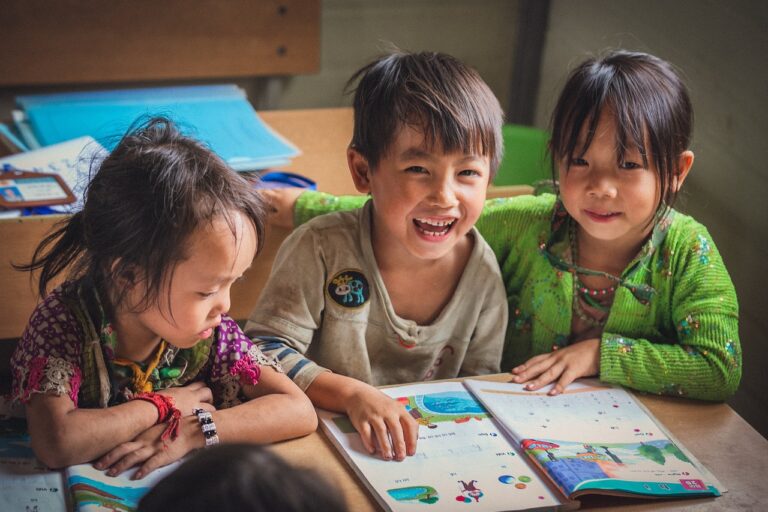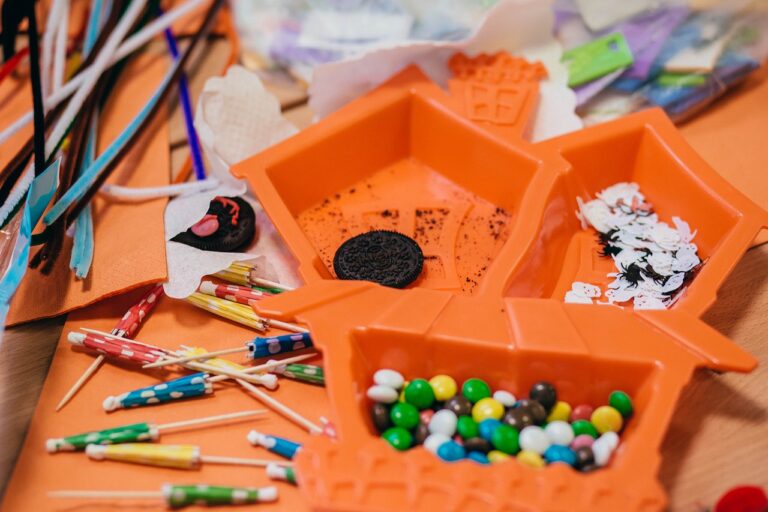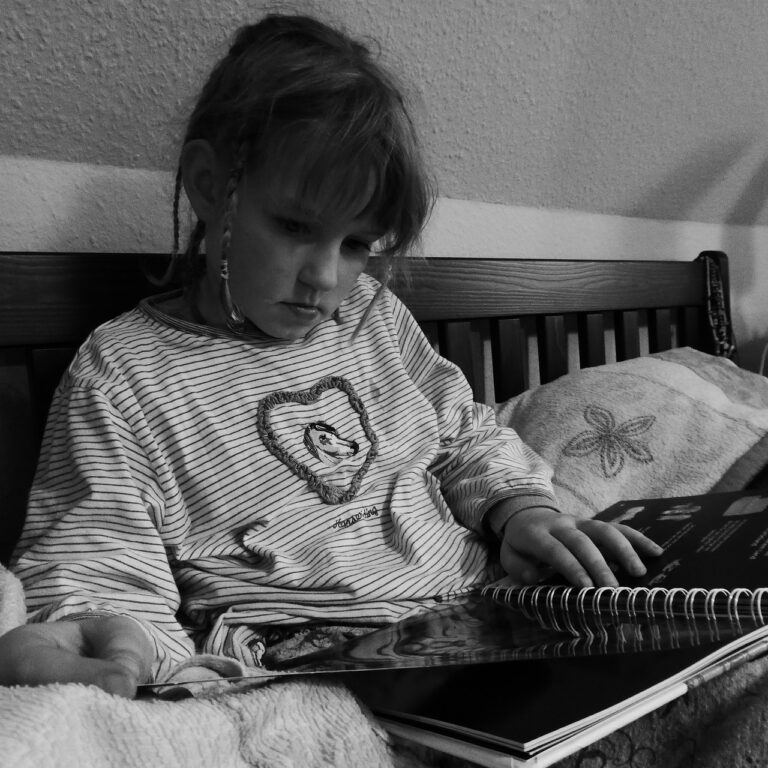The Importance of Social-Emotional Learning in Early Childhood Education
Social-emotional learning (SEL) refers to the process through which individuals develop the knowledge, skills, and attitudes necessary to understand and manage emotions, set and achieve positive goals, show empathy for others, establish and maintain positive relationships, and make responsible decisions. These core competencies are crucial in helping individuals navigate the complexities of social interactions and personal well-being.
One key aspect of SEL is self-awareness, which involves recognizing one’s emotions, thoughts, and values. By understanding their own emotions and how these influence their behavior, individuals can develop a greater sense of self-control and emotional regulation. This self-awareness lays the foundation for building strong social relationships and effectively managing conflicts and challenges that arise in various contexts.
The Impact of Social-Emotional Skills on Academic Success
Social-emotional skills play a crucial role in academic success, influencing a student’s ability to focus, self-regulate, and solve problems effectively. When students possess strong social-emotional competencies, they are better equipped to navigate challenges, regulate their emotions, and maintain positive relationships with peers and teachers. This ultimately leads to improved motivation, engagement, and overall academic performance.
Furthermore, research suggests that students who excel in social-emotional skills demonstrate higher levels of resilience, adaptability, and empathy, all of which are essential for not only academic success but also for future success in the workforce and society. Cultivating these skills in students early on can have a profound impact on their long-term academic achievements and well-being.
Building Positive Relationships in Early Childhood Education
Positive relationships play a crucial role in early childhood education. When educators establish strong connections with their young students, it creates a supportive environment where children feel safe, valued, and eager to learn. These relationships foster a sense of trust and belonging that is essential for children’s social and emotional development.
Moreover, building positive relationships in early childhood education not only benefits the students but also enhances the overall classroom dynamics. When there is a foundation of mutual respect and understanding between educators and children, it paves the way for effective communication and collaboration. This positive atmosphere encourages a sense of community within the classroom, promoting a conducive learning environment for all children to thrive and succeed.
What are some key concepts in social-emotional learning?
Key concepts in social-emotional learning include self-awareness, self-management, social awareness, relationship skills, and responsible decision-making.
How do social-emotional skills impact academic success?
Social-emotional skills such as self-regulation, empathy, and communication can help children succeed academically by improving their ability to focus, collaborate with others, and manage their emotions.
How can educators build positive relationships in early childhood education?
Educators can build positive relationships in early childhood education by fostering a supportive and nurturing environment, promoting social interactions among children, and modeling positive behaviors and communication skills.







